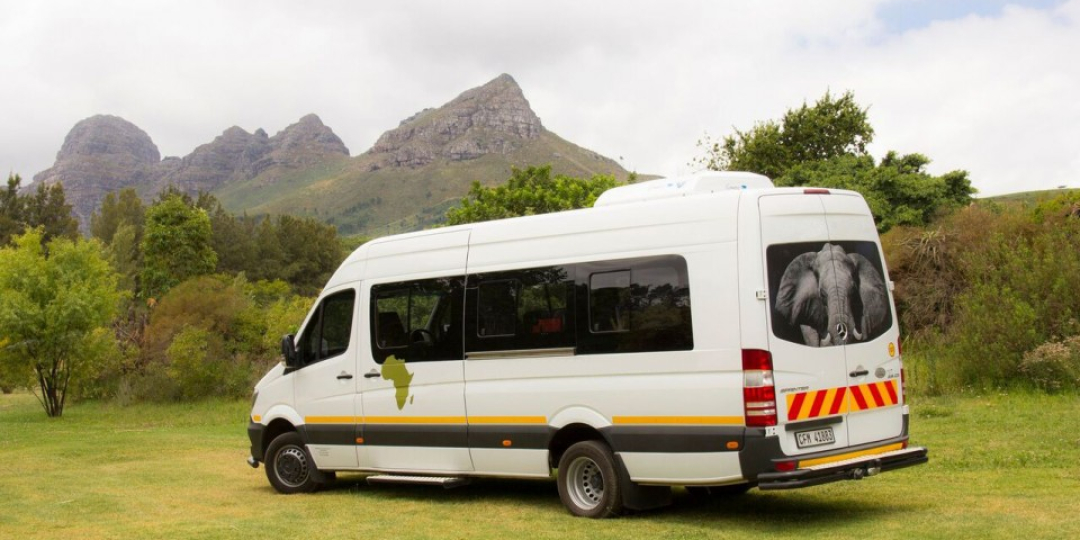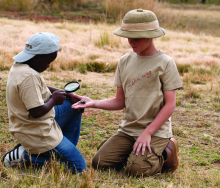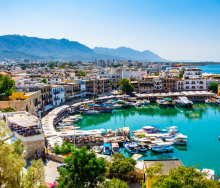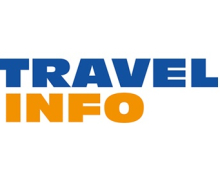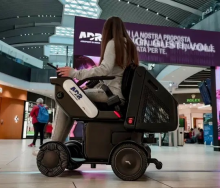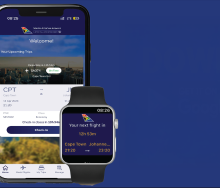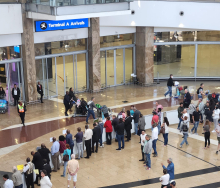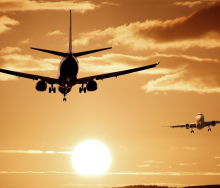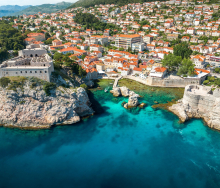Since launching the petition for the transfer of the processing of tourism operating licences issued the National Public Transport Regulator (NPTR) from that department to the Department of Tourism, as a separate process from general public transport operating licence applications, 403 people (at the time of publication) have shown support and described ordeals with the NPTR.
Enya Fehler, Founder and MD of Africa Adventure Tourism Network, initiated the petition last week to get approval for these licences to be facilitated by a board that understood tourism and had the wellbeing of the industry and its development as a core interest. The petition also calls for the additional inspection of vehicles to fall
“This change would allow for tourism-related operating licence applications to be adjudicated in the time prescribed by government itself and would take pressure off the Department of Transport,” explained Fehler. She said the NPTR needed to streamline its application process urgently and create a dedicated team, or hand over the approval process to the Department of Tourism or SATSA, as had been the case with Open Safari Vehicle (OSV) permits.
Fehler’s odyssey of emails began in September 2019, as she was preparing to purchase a minibus to grow her business and organise small-group holidays. Her story is not unusual, as comments supporting the petition attest. There are cases of applicants applying for licences in 2018 who are still waiting for the application to be gazetted, or who have been forced to sell their vehicles because they could not be operated legally.
“It cannot be that companies like my own apply for a tourism operating licence and have to wait for two years only to be told that the application has still not been processed because there is no board/committee to adjudicate such applications! The reason for not having a board is that the Minister of Transport himself has not created one in over two years!”
Fehler contacted SATSA in August 2019 before purchasing the bus, to find out what the application entailed. “I was emailed the applicable forms and requirements, which in my opinion are tailored to the need of taxi operation licences in the public transport sector and not only confusing, but outright unsuitable for a tourism licence application.”
Nevertheless, she complied and followed the process, stipulating the application’s urgency.
Travel News’ sister publication, Tourism Update is in possession of the email correspondence between Fehler and the Department of Transport from September 26, 2019 until November 13, 2019 when the receipt of application and payment were finally acknowledged. “It seemed that the Department of Transport/NPTR was doing this to encourage applicants to give up along the way,” she said.
After that, phoning and emailing every few weeks led to the response that the application was waiting to be gazetted. On January 8, 2020, she was told the committee was due to meet soon, but then COVID-19 hit followed by lockdowns, no news and unanswered emails until October 22. This was when she was informed telephonically by a contact (who explained he was not the actual contact) that since October 2019 there had no longer been a committee (Permit Board) to adjudicate the application.
“The board was dissolved and there is nothing the Department of Transport can do because the Minister of Transport is responsible for nominating the board/committee,” Fehler said. “I am not allowed to use the vehicle because it is a new application and I must wait until I get my operating licence. If it had been a renewal, I would have been able to use the vehicle.”
This was when she started the petition.
NPTR must do its job
Onne Vegter, MD of Wild Wings Safaris, told Tourism Update he had signed the petition, but felt it suggested more of a long-term solution that required a change in legislation, which could take years. “The need to get our vehicles back on the road is much more urgent than that.”
He agreed as a first priority, the NPTR needed to do its job. “The NPTR could, in theory, fulfil its statutory duty if it simply sticks to the turnaround times and intent of the current legislation and stops overregulating and overstepping its mandate.”
He explained that there were several clauses in the existing legislation that the NPTR was not interpreting and implementing correctly. “They need to adjust the application and adjudication process to be in line with the existing law and simplify the process for accredited operators. They need to stop insisting on gazette advertising and board approval for applications from accredited operators and stop asking for irrelevant documents, insisting that operators prove demand for their services and justify their areas of operation.”
He added that the NPTR needed to issue operating licences for the full seven years as allowed by the National Land Transport Act (NLTA), appoint tourism professionals to the board, increase the capacity and resources of the NPTR, and stick to the turnaround times as stipulated. “The NPTR could work fine, without a change in legislation.”
Vegter said it could be better to move the process to the Department of Tourism and even better to outsource it in terms of a public-private partnership and allow industry self-regulation. An example could be to let SATSA take over this function, as was the case with the OSV self-regulation project in partnership with SANParks, which worked very well while SATSA handled the SANParks OSV permits.
“Both of these options will, however, take time to implement. Delegating the function to SATSA is possible in terms of the current legislation, but moving it to the Department of Tourism will require a change in the law, which is a lengthy process. We don't have the luxury of time. Our industry is in crisis. Hundreds of tourist vehicles are stranded.”
Work together
Media Liaison for the National Federation of Tourist Guides and Affiliates (NFTGA), Francois Gilbert Collin, reiterated to Tourism Update that to reverse some of the damage created by the pandemic and support recovery in the sector, everyone needed to work together, including the government.
“One of the largest stumbling blocks to growth and recovery is the difficulty experienced by most tour operators with regard to getting their vehicles registered to transport tourists legally and with the required insurance in place.”
He said it was not economically viable to purchase a vehicle and then have to wait several years for a legal permit to use it. “Until the permit is issued by the authorities, the operator using it is both illegal and uninsured.”
He said the NFTGA had been fighting since before 2019 to resolve the issues with operator licensing at the NPTR. “We submitted proposals for amendments to the Tourism Act, which included bringing tourist transport across from the Department of Transport to the Department of Tourism. This received very little support at the time. We also suggested that a highly workable and efficient alternative would be to bring tour operator licences under the Cross-Border Road Transport Agency.
“We have, on numerous occasions, brought this topic up. First with the Minister’s Advisory Panel and later when we presented to the Parliamentary Portfolio Committee on Tourism. All with no results.”
If government was truly serious about creating jobs, he said, then the issuing of operator licences was one of the easiest boxes for them to tick off.
